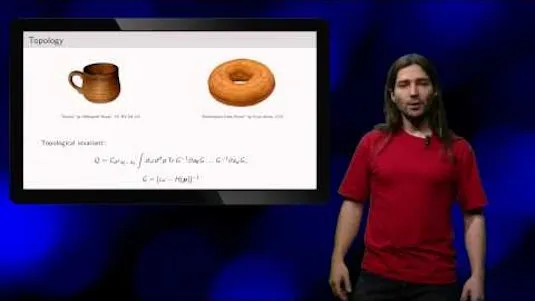
Topology in Condensed Matter: Tying Quantum Knots 
This course explores the concept of topology in condensed matter, focusing on the idea that certain quantities remain unchanged in insulating systems with localized particles. When these quantities are altered, the system becomes conducting and propagating particles are created. The course examines how these changes can be used to tie quantum knots. ▼
ADVERTISEMENT
Course Feature
![]() Cost:
Cost:
Free
![]() Provider:
Provider:
Edx
![]() Certificate:
Certificate:
No Information
![]() Language:
Language:
English
![]() Start Date:
Start Date:
Self paced
Course Overview
❗The content presented here is sourced directly from Edx platform. For comprehensive course details, including enrollment information, simply click on the 'Go to class' link on our website.
Updated in [March 06th, 2023]
This course, Topology in Condensed Matter: Tying Quantum Knots, provides an overview of the variety of subtopics in topological materials, their relation to each other and to the general principles. It focuses on applications of topology in condensed matter based on bulk-edge correspondence, with special attention to the most active research topics in topological condensed matter: theory of topological insulators and Majorana fermions, topological classification of "grand ten” symmetry classes, and topological quantum computation. It also covers extensions of topology to further areas of condensed matter, such as photonic and mechanical systems, topological quantum walks, topology in fractionalized systems, driven or dissipative systems. The course will use simple thought experiments that rely on considerations of symmetry or continuity under adiabatic deformations, computer simulations similar to those used in actual research, and dissecting research papers to teach students to simply understand the idea even in the rather involved ones. This course is a joint effort of Delft University of Technology, QuTech, NanoFront, University of Maryland, and Joint Quantum Institute.
[Applications]
Upon completion of this course, students will be able to apply the principles of topology in condensed matter to their own research. They will be able to identify and understand the variety of subtopics in topological materials, their relation to each other and to the general principles. Students will also be able to follow active research on topology, and critically understand it on their own. Additionally, they will have acquired the skills required to engage in research on their own, and to minimize confusion that often arises even among experienced researchers. The course will also provide students with the tools to apply topology in condensed matter based on bulk-edge correspondence, as well as special attention to the most active research topics in topological condensed matter. Finally, students will be able to extend topology to further areas of condensed matter, such as photonic and mechanical systems, topological quantum walks, topology in fractionalized systems, driven or dissipative systems.
[Career Paths]
Recommended Career Paths:
1. Materials Scientist: Materials scientists study the structure and properties of materials, such as metals, ceramics, polymers, and composites, and develop new materials with specific properties. They use their knowledge of topology to design materials with unique properties, such as electrical conductivity, strength, and durability. The demand for materials scientists is expected to grow as new materials are developed for use in a variety of industries.
2. Quantum Computing Researcher: Quantum computing researchers use topology to develop algorithms and protocols for quantum computers. They explore the potential of quantum computing to solve complex problems and develop new technologies. As the field of quantum computing continues to grow, the demand for quantum computing researchers is expected to increase.
3. Topological Condensed Matter Physicist: Topological condensed matter physicists use topology to study the properties of materials at the atomic level. They use their knowledge of topology to understand the behavior of electrons in materials and develop new materials with unique properties. As the field of topological condensed matter physics continues to grow, the demand for topological condensed matter physicists is expected to increase.
4. Nanotechnologist: Nanotechnologists use topology to design and develop nanomaterials with unique properties. They use their knowledge of topology to understand the behavior of electrons in nanomaterials and develop new materials with specific properties. As the field of nanotechnology continues to grow, the demand for nanotechnologists is expected to increase.
[Education Paths]
Recommended Degree Paths:
1. Bachelor of Science in Physics: This degree program provides students with a comprehensive understanding of the fundamental principles of physics, including classical mechanics, quantum mechanics, thermodynamics, and electromagnetism. Students will also gain an understanding of the latest developments in physics, such as nanotechnology, biophysics, and astrophysics. This degree is ideal for those interested in pursuing a career in physics or related fields.
2. Master of Science in Condensed Matter Physics: This degree program provides students with an in-depth understanding of the properties of matter at the atomic and molecular level. Students will learn about the structure and behavior of materials, as well as the principles of quantum mechanics and statistical mechanics. This degree is ideal for those interested in pursuing a career in research or teaching in the field of condensed matter physics.
3. Doctor of Philosophy in Topology: This degree program provides students with an advanced understanding of the mathematical principles of topology, including knot theory, algebraic topology, and differential topology. Students will also gain an understanding of the latest developments in topology, such as topological quantum computing and topological insulators. This degree is ideal for those interested in pursuing a career in research or teaching in the field of topology.
4. Master of Science in Quantum Computing: This degree program provides students with an in-depth understanding of the principles of quantum computing, including quantum algorithms, quantum information theory, and quantum error correction. Students will also gain an understanding of the latest developments in quantum computing, such as topological quantum computing and quantum machine learning. This degree is ideal for those interested in pursuing a career in research or teaching in the field of quantum computing.
Course Provider

Provider Edx's Stats at AZClass
Discussion and Reviews
0.0 (Based on 0 reviews)
Explore Similar Online Courses

Introduction to Korean Studies
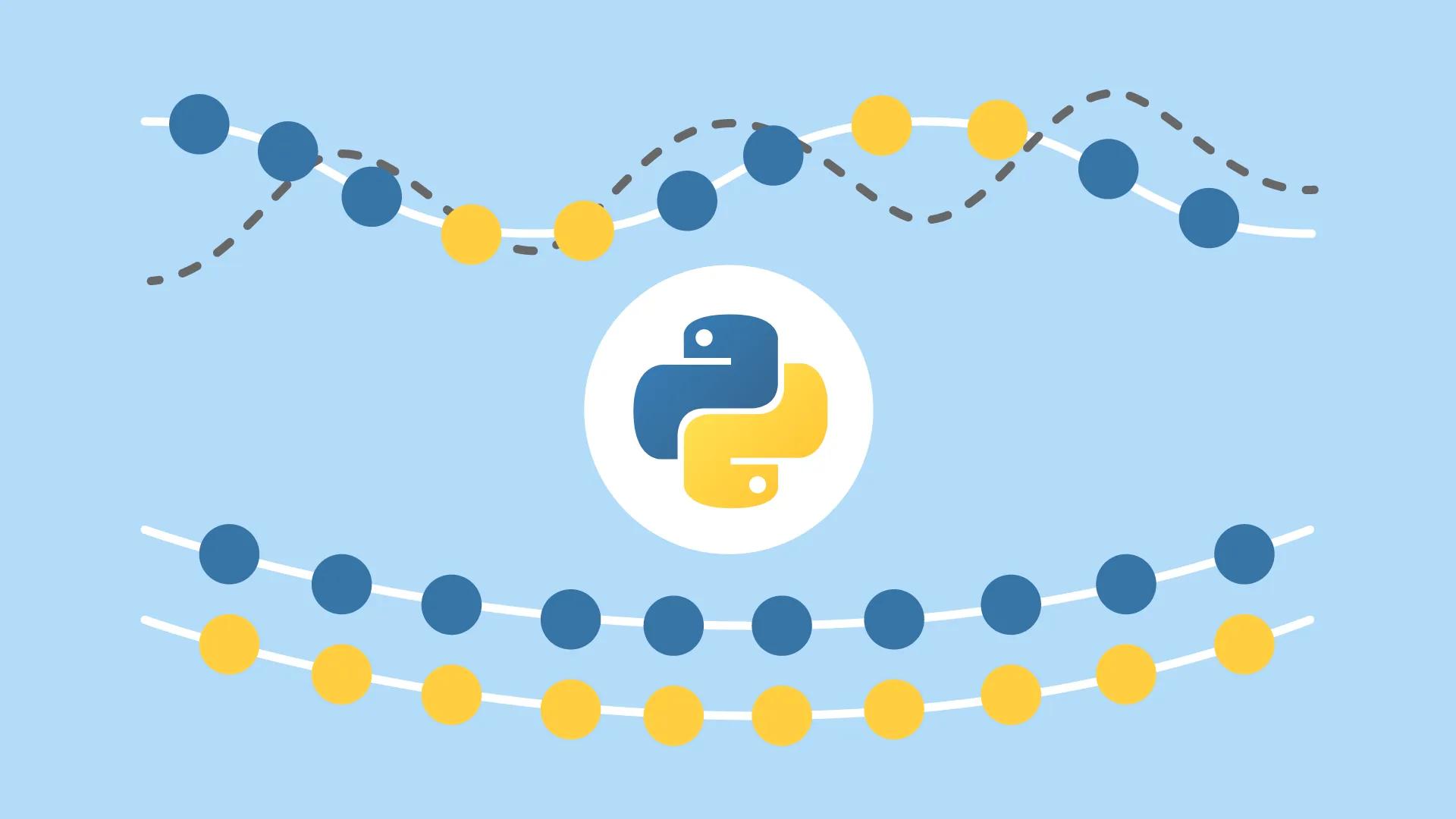
Python Concurrency for Senior Engineering Interviews

Python for Informatics: Exploring Information

Social Network Analysis

Introduction to Systematic Review and Meta-Analysis

The Analytics Edge

DCO042 - Python For Informatics

Causal Diagrams: Draw Your Assumptions Before Your Conclusions

Whole genome sequencing of bacterial genomes - tools and applications
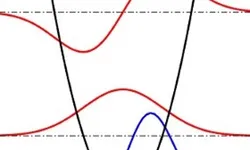
Foundations of Quantum Mechanics
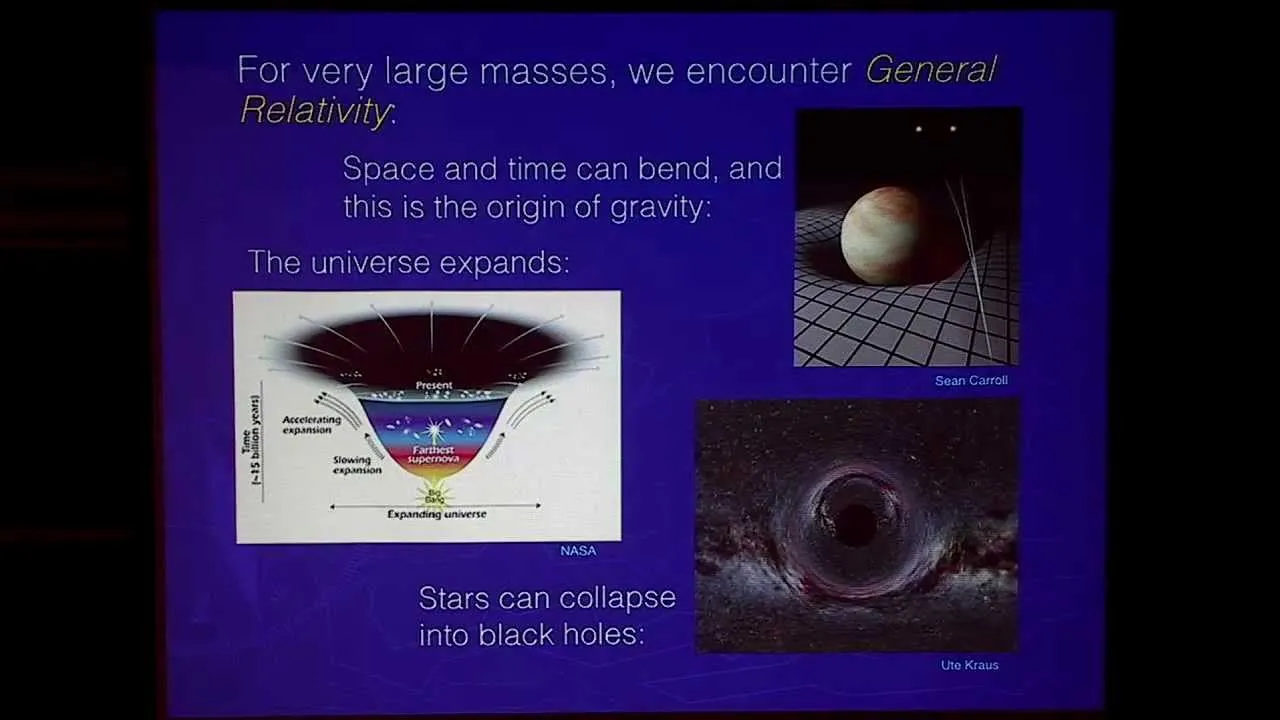
Gravity and Quantum Mechanics - The Quest for Unification
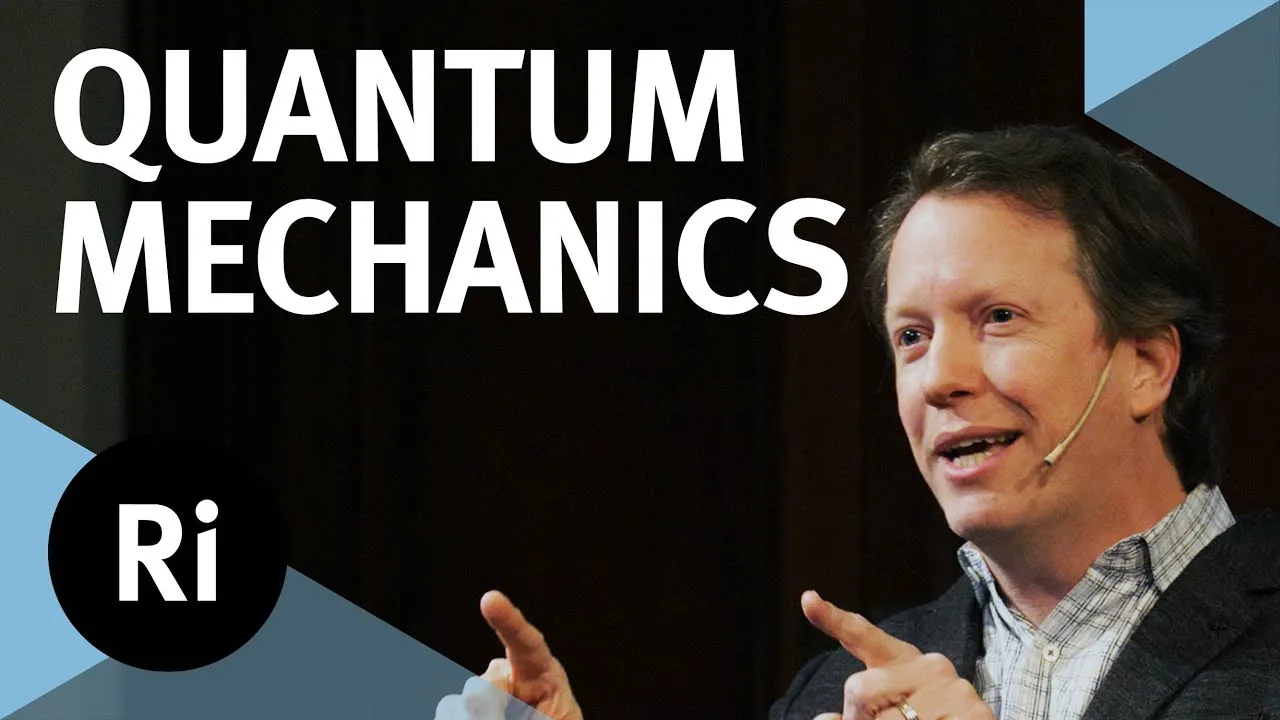

Start your review of Topology in Condensed Matter: Tying Quantum Knots